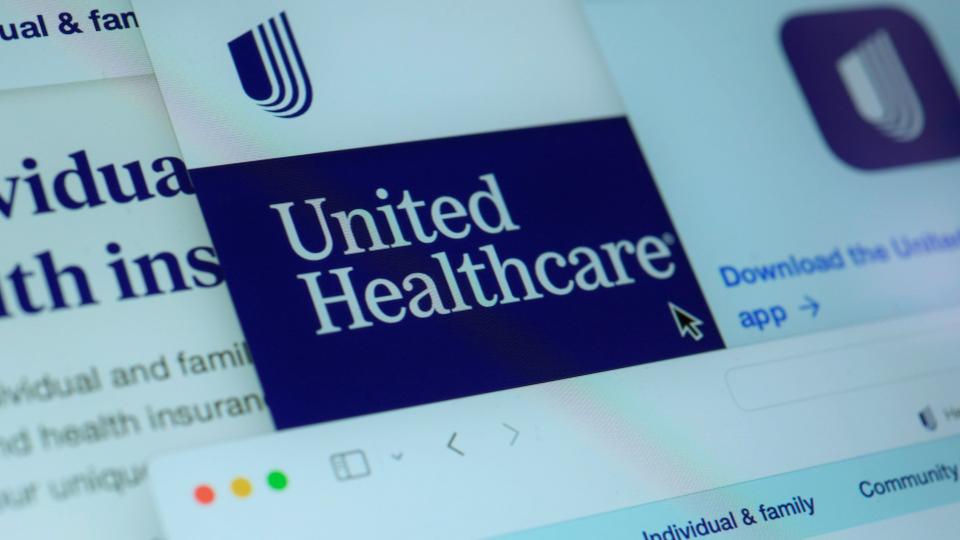
- A Third of Americans Exposed in United Healthcare Hack
In this article
United Healthcare recently disclosed that it was the target of another data breach earlier this year. Why it took them months to do so is par for the course; most corporations don’t rush to let their customers know they were breached until they’ve had a chance to run some damage control.
Despite these measures, nearly a third of all Americans were affected by what has been considered by many to be the largest healthcare breach in recent history.
How were you affected, and what can you do? We’ll take a look at what we know and point you in the right direction going forward.
What was the attack?
The cyberattack from earlier this year was launched by hackers attempting to access United’s sensitive user data. They also succeeded in disrupting payments and insurance claims processing systems, resulting in thousands of doctors and staff unable to handle patients, book treatments, and even write prescriptions.
It turns out that a sizable portion of this attack was also linked with Change Healthcare, from where a bulk of user data was stolen. Regardless, because of United’s widespread reach, sub-providers, and child brands, millions were affected.
What should I do?
If you’ve got dark web monitoring
As long as you have some sort of active dark web monitoring, you shouldn’t need to worry too much; the monitoring will notify you if any of your information was involved in the data breach to begin with.
Even if you have compromised information, this does not automatically mean that you are vulnerable to identity theft. In fact, a lot of the time, this personal information sits around being bought and sold for a while before hackers and cybercriminals even utilize it.
If you don’t have dark web monitoring
Otherwise, if you don’t have any active protections in place, we strongly recommend you do. Getting set up with active dark web monitoring is the single best way to mitigate and deal with identity theft once it occurs.
By receiving real-time alerts, you are giving yourself advanced warning of any potential threats. This, in turn, will save you a lot of headache and help you know when to contact an identity restoration specialist.
What else you can do
Besides monitoring your personal information, you should also pay attention to your credit. You can initiate a freeze on your credit, preventing any criminals from opening up lines or accounts under your name. This is a common use for stolen Social Security Numbers, and one of the easiest things to prevent if you know where to look.
Keep a lookout for other suspicious communications: scam texts, calls, and emails can all result from a breached phone number or email address, and only become increasingly convincing the more of your personal information they are able to harvest along with that.

